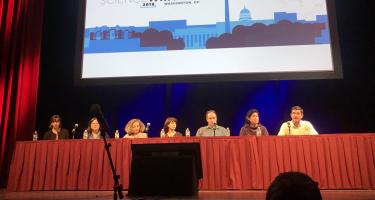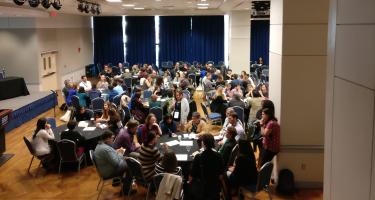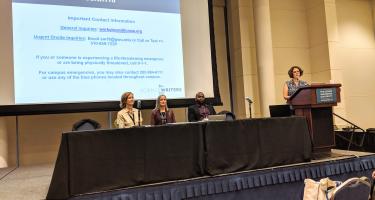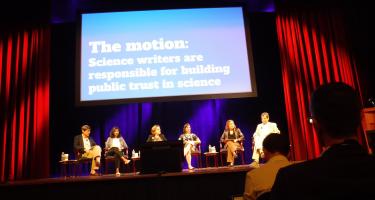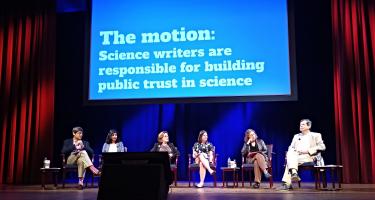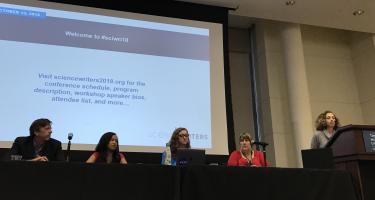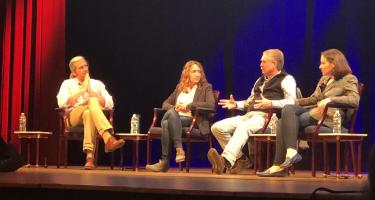
Diving into the gloom without losing the light
Writing about the world's most critical and looming problems — like climate change, war, the specter of disease, and biodiversity collapse — can be a prickly, foreboding undertaking, but it's something that science writers increasingly must tackle.
Oct. 14, 2018